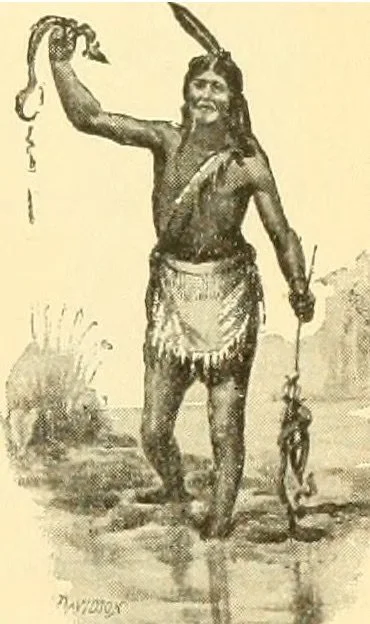Learning Before We Teach
Sam Blumenfeld late in life
What I learned from Sam, #5
Samuel Blumenfeld (author of Alpha-Phonics: A Primer for Beginning Readers) was an independent thinker on a solitary quest, and a master at research. (The indexes of his books will show this.)
Devoted to improving American literacy, he became a dedicated activist for education reform.
His research extended outside of libraries and into classrooms, where he observed students in their school environments. He was compassionate and dedicated.
I’d like to exhibit the same autonomy, compassion and dedication in my own work, not only following Sam’s model, but passing the flame to a new generation, knowing that the battles over the control of American minds continue today.
I hope to create my own due diligence and become increasingly well-informed, not only about the history of American education, but about its current state and its potential future.
(Due diligence is a term which is often used in the investment world. Before choosing to invest, it is considered a responsible first step. Since I have resolved to invest my future energy into the guiding of young minds, then this is how I must apply myself.)
Page from “Of Plimoth Plantation”
Here’s an example:
When I read Sam’s account of zealous educational demands placed on early Massachusetts families, I remembered reading “Of Plimoth Plantation”. This book was written by William Bradford, the second governor of the Plymouth Colony.
I hoped that if I revisited that book, I would find examples of the thoughts of the day, which would demonstrate why the Puritans were so adamant about perpetuating their faith, and about developing schools and courts to defend it. My short journey back to the book proved successful. Skimming the pages, I read his descriptions of the duties of the Christian, in the defense and preservation of his faith. These were amplified by memories of martyrdom, stemming from the Reformation.
I recommend this book to anyone who wishes to learn and teach about the history of the Christian faith in America.
(Some editions maintain the original text. These are difficult to read since Bradford lived prior to Noah Webster’s standardization of English spelling. Personally, I distrust modern interpretations, so I recommend reading old and new side-by-side.)
Squanto (c. 1585-1622), Native American of the Patuxet tribe
Delve in and learn from original accounts, such as stories about relations with native inhabitants, and tales about the first Thanksgiving and the Indian guide Squanto. As the expression says, get it “straight from the horse’s mouth.”
With your due diligence and mine, we can continue in that arduous task of educating young American minds.
Let’s work together and learn before we teach.
Samuel L. Blumenfeld author of “Alpha-Phonics: A Primer for Beginning Readers”
I learned this from Sam Blumenfeld, the author of Alpha-Phonics and How to Tutor.
Before Sam created his tutorial books, which have helped thousands of homeschool families to teach their children the three R’s, he spent many years researching and writing about the history of public education.
Follow me, as I continue to learn from this great educator.




